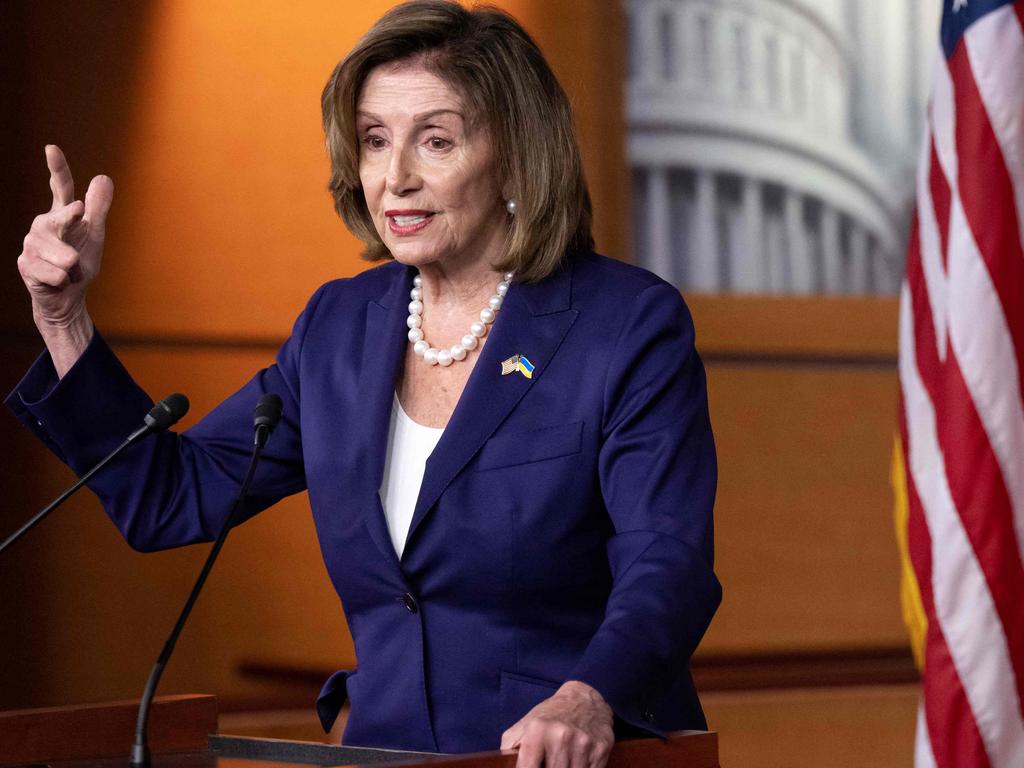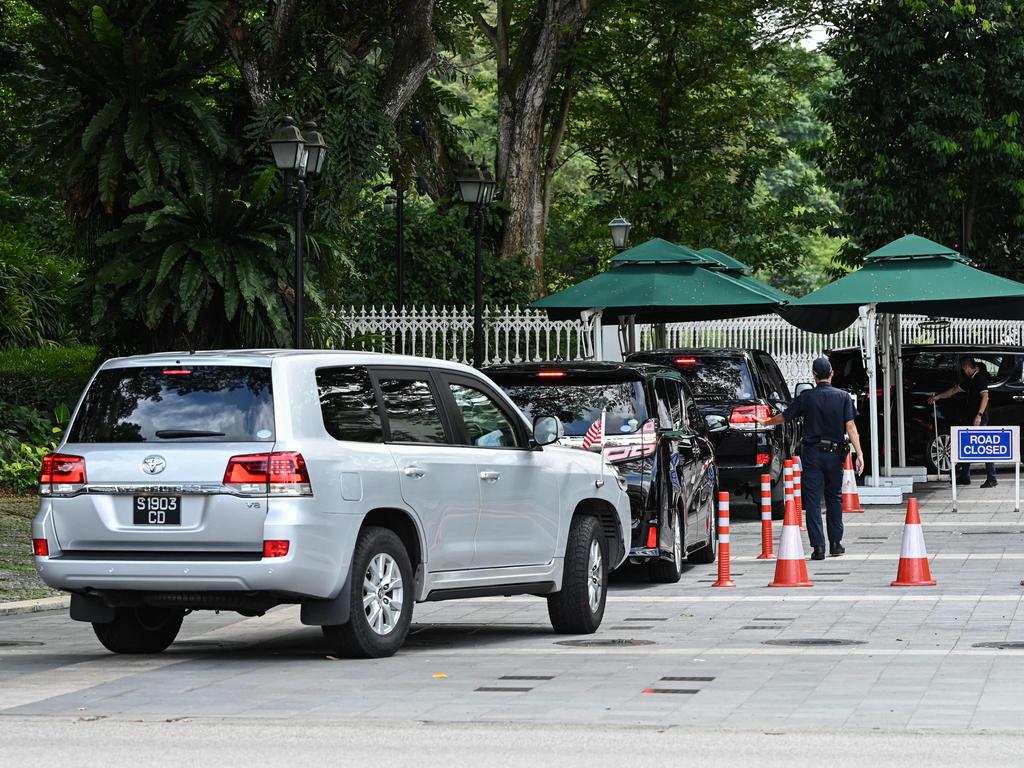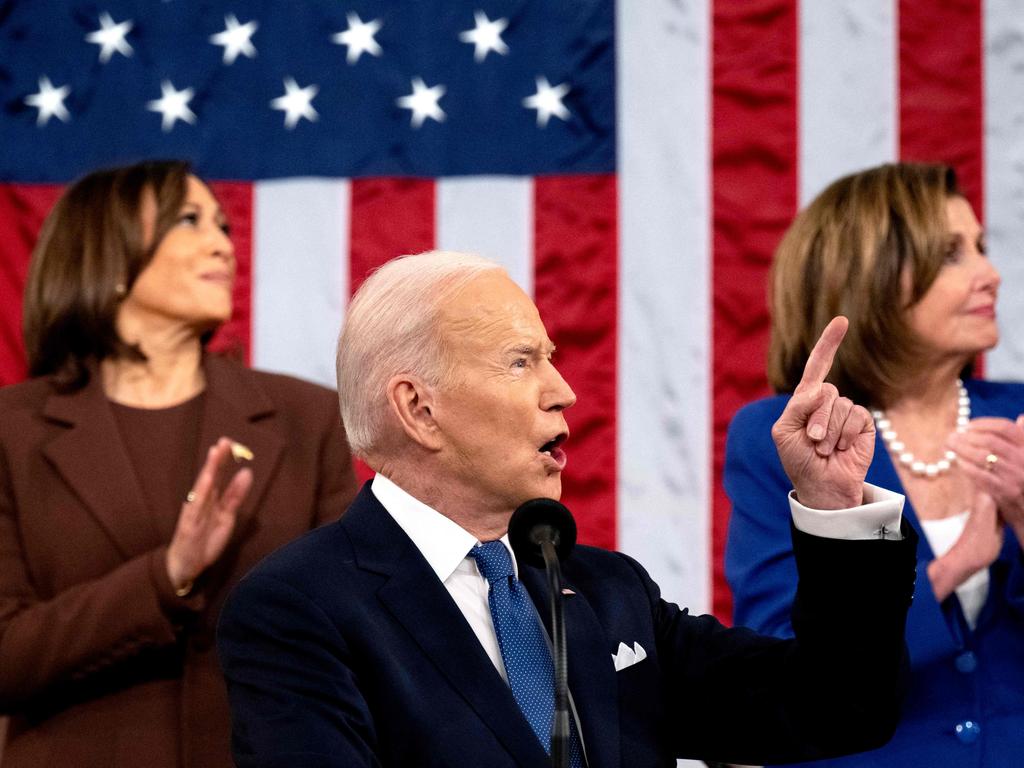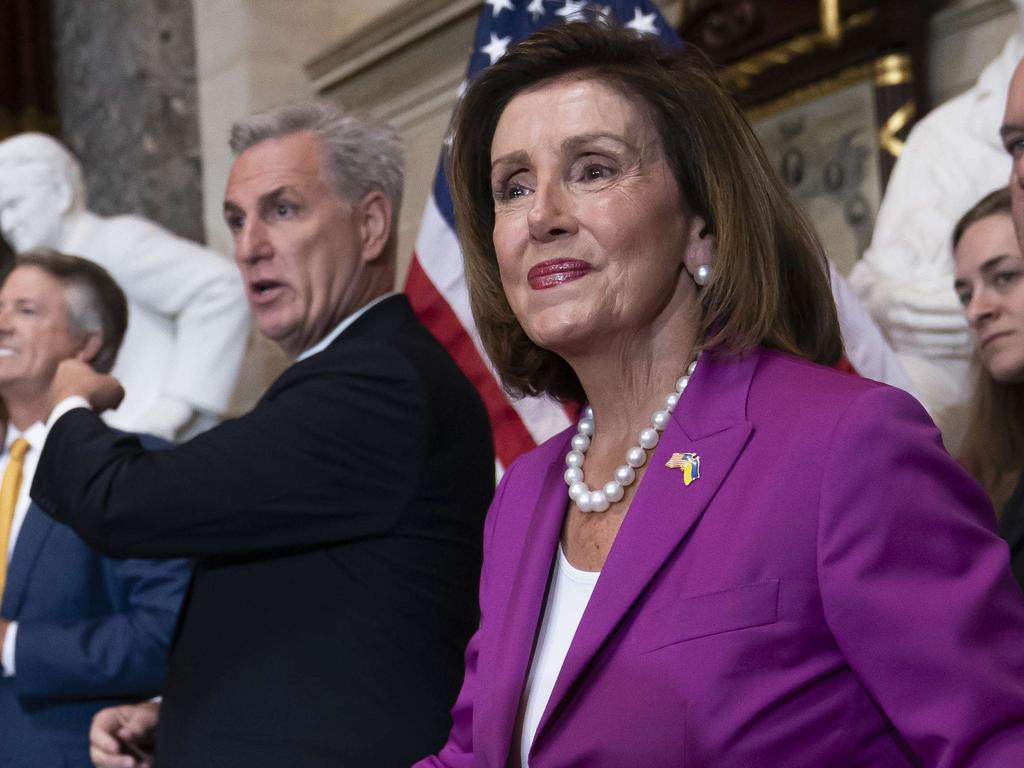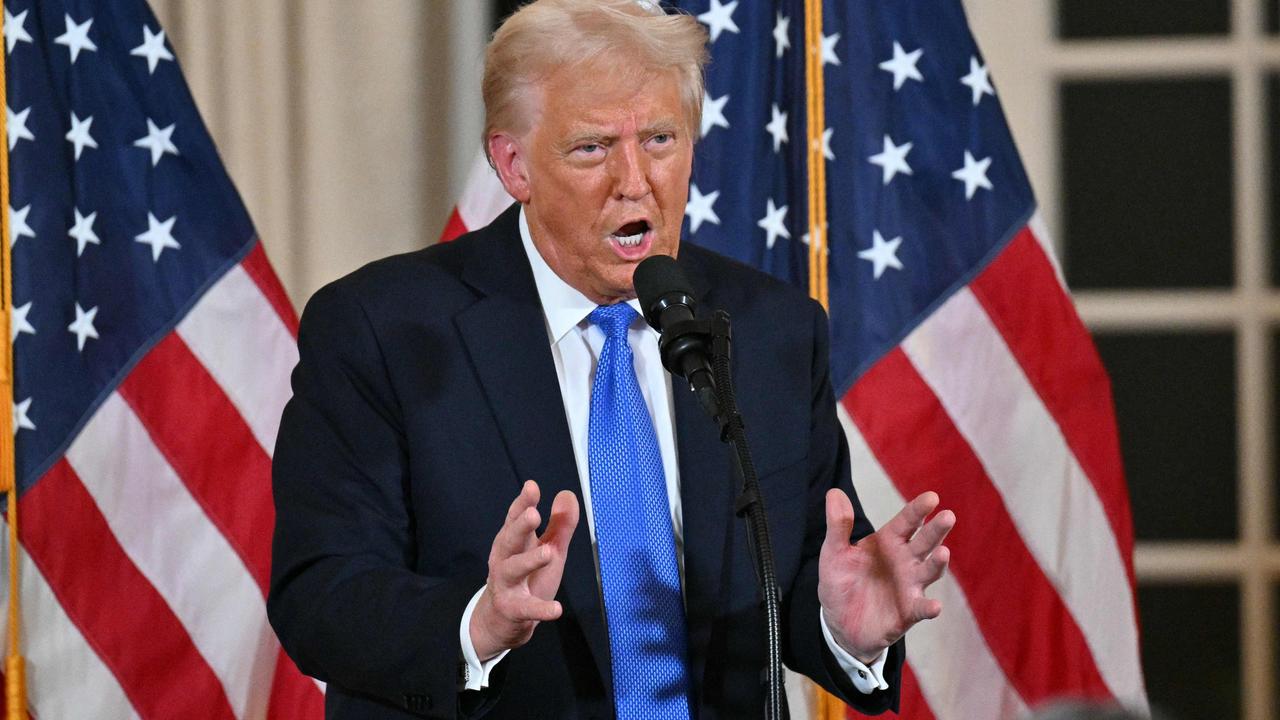Pelosi’s Taiwan visit could take US-China relations to new low and jolt global stocks
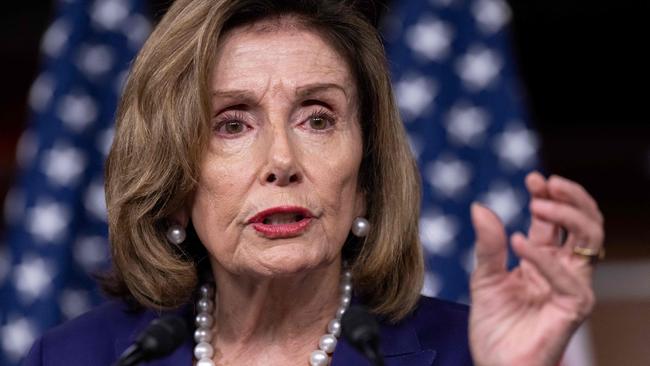
If House Speaker Nancy Pelosi’s Asia trip takes her to Taiwan this week, an already fraught US-China relationship could take a sharp turn for the worse. That could rattle global stocks and further disrupt supply chains.
Beijing has increased its warnings about such a trip, saying there would be countermeasures if Pelosi visits Taiwan, the self-ruled island democracy that China claims sovereignty over and has vowed to “unify” with the mainland. The Wall Street Journal reported that Pelosi was planning to meet government officials in Taiwan, citing a person familiar with the matter.
Other U.S. officials have visited Taiwan, but the current backdrop - at a critical period for China ahead of its 20(th) party Congress, in the middle of an economic rout and as US-China relations are at a nadir - raises the stakes over one of the world’s biggest geopolitical hot potatoes and serious questions about the prospects for the world’s second-largest economy.
For Beijing, its sovereignty over Taiwan has long been a red line. The U.S. and allies have gingerly stuck with a “strategic ambiguity” about the island’s status. While the U.S. acknowledges that Taiwan is part of China, it has maintained its ability to come to Taiwan’s defenses and sell it arms, along with building an informal but strong relationship.
The visit comes as China’s economy is struggling and Beijing is trying to prioritize stability ahead of a key political period for Xi Jinping as top leadership is selected at the Party Congress this fall. The two underpinnings to the Communist Party are nationalism -- with Taiwan a major symbol of that -- and economic progress, which has been disappointing this year.
“In 30 years of investing in China, this is probably the worst period I’ve seen,” says Justin Leverenz, manager of the $US29 billion Invesco Developing Markets fund (ODMAX).
Complicating the situation is the deterioration of U.S.-China relations, with a tougher stance on China one of the few spots of agreement in a polarized Congress.
“The bipartisan political support for China bashing and conflict escalation is as extreme on any geopolitical issue I have seen in my long career,” says Stephen Roach, former chairman of Morgan Stanley Asia and now a professor at Yale, adding that investors should stay on the sidelines.
“If China keeps getting pushed against the wall, over and over, we are playing with fire.”
That hawkish backdrop has rattled China. “The Chinese see the Pelosi visit as a fork in the road because of a series of visits and comments that have led Beijing to believe that the U.S., despite saying it isn’t supporting Taiwan’s independence, is taking actions that inextricably lead to that,” says Paul Triolo, senior vice president for China and technology policy at strategic advisory firm Albright Stonebridge.
Timing is important. When former Speaker Newt Gingrich visited Taiwan in 1997, China was roughly a third of the size of the U.S. economy, and Taiwan wasn’t central to the global economy. Today, Taiwan is the linchpin of the global economy as a hub for semiconductors and home to Taiwan Semiconductor (TSM), which makes 90% of the advanced chips that power the world’s digital economy.
“There’s no sugarcoating the impact of any type of disruption, let alone damage to these facilities, that are so delicate and sensitive,” Triolo says of the semiconductor operations in Taiwan. “We have seen a preview [during the pandemic] of what can happen if semiconductor chains are disrupted even in a fairly minor way. Any disruption of Taiwan airspace for any length of time would be worse.”
In the event of a visit, analysts see little option for China to not react. The People’s Liberation Army has been doing military exercises this week and said it will continue for the next five days. China is illustrating its hardware is ready and being used, says Rory Green, head of China and Asia research for TS Lombard.
Escalatory moves could include shelling the islands off the Taiwan straits or flying aircraft over Taiwan’s landmass, not just the edge of Taiwan’s Air Defense Identification Zone -- Beijing hasn’t done either in recent years, Green says.
Taiwanese stocks would be the most vulnerable. While chip makers have logged sharp declines because of the broader industry rout, Green says geopolitical concerns have not yet been factored in. Widely held U.S.-listed Chinese companies like Alibaba Group Holding (BABA), would also be vulnerable on the fear of further deterioration in the relationship that could make some compromise on delisting harder to reach, Green adds.
But global stocks broadly would also be rattled -- how much depends on Beijing’s response. Shares of Taiwan Semi slipped 2.6% on Monday, while the iShares MSCI China exchange-traded fund (MCHI) slipped 1.7% to 0.85%.
Though most still do not see a military conflict, China’s response may play out over time. “Even if the initial reaction isn’t really strong and it doesn’t set off a major tit for tat, it sets in motion an escalatory relationship over time,” Triolo says.
That’s why RockCreek’s Alberto Fassinotti is staying neutral. With the market not trading on company or macroeconomic factors, taking a strong view on China -- in either direction -- “is a fool’s errand.” The geopolitics also complicates the fundamentals for China, with questions about the direction of policy and growth looming over the market. “For anyone investing in China thinking this is the growth engine of the world -- it’s not so clear cut,” Leverenz adds.
Dow Jones

